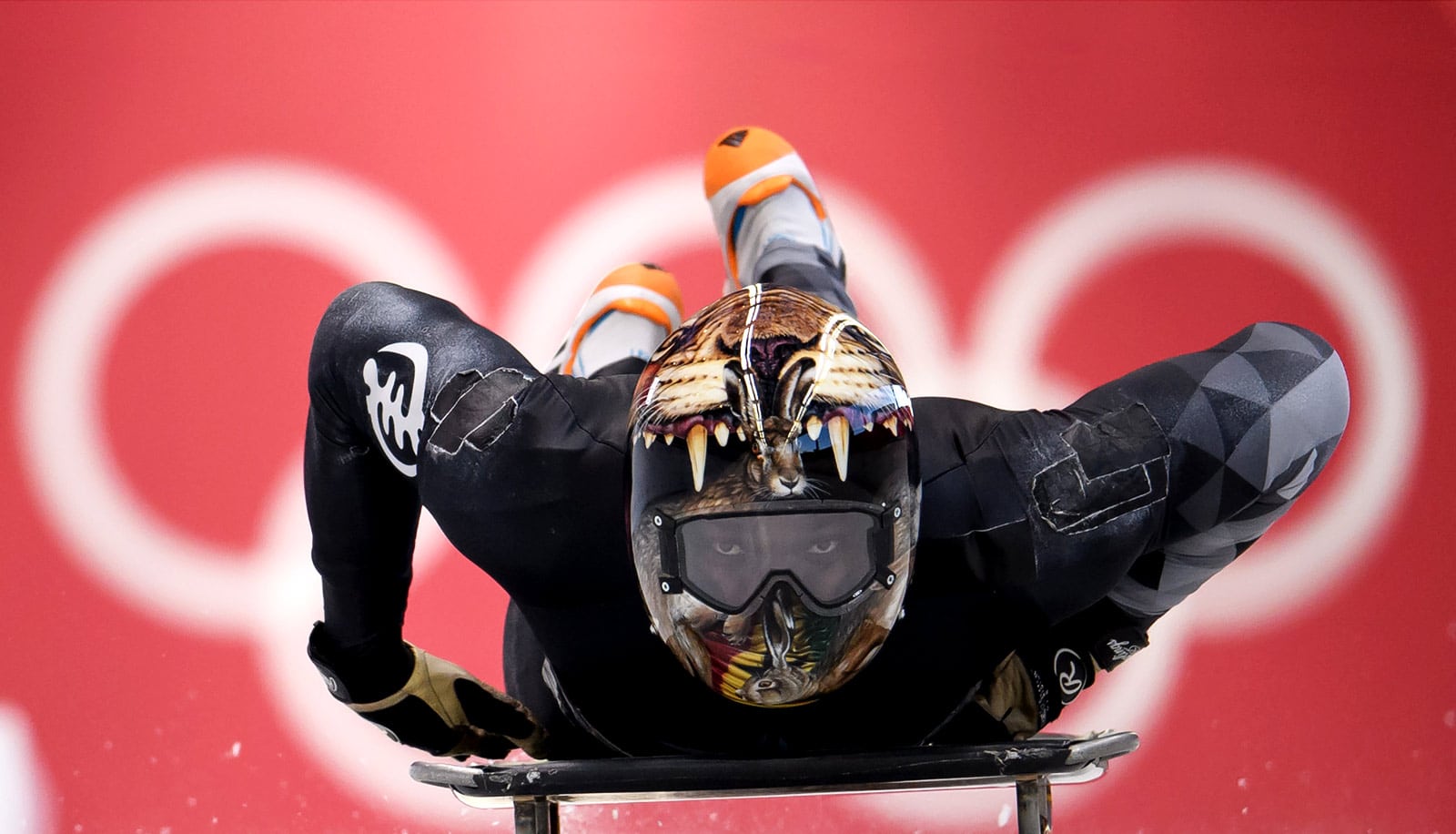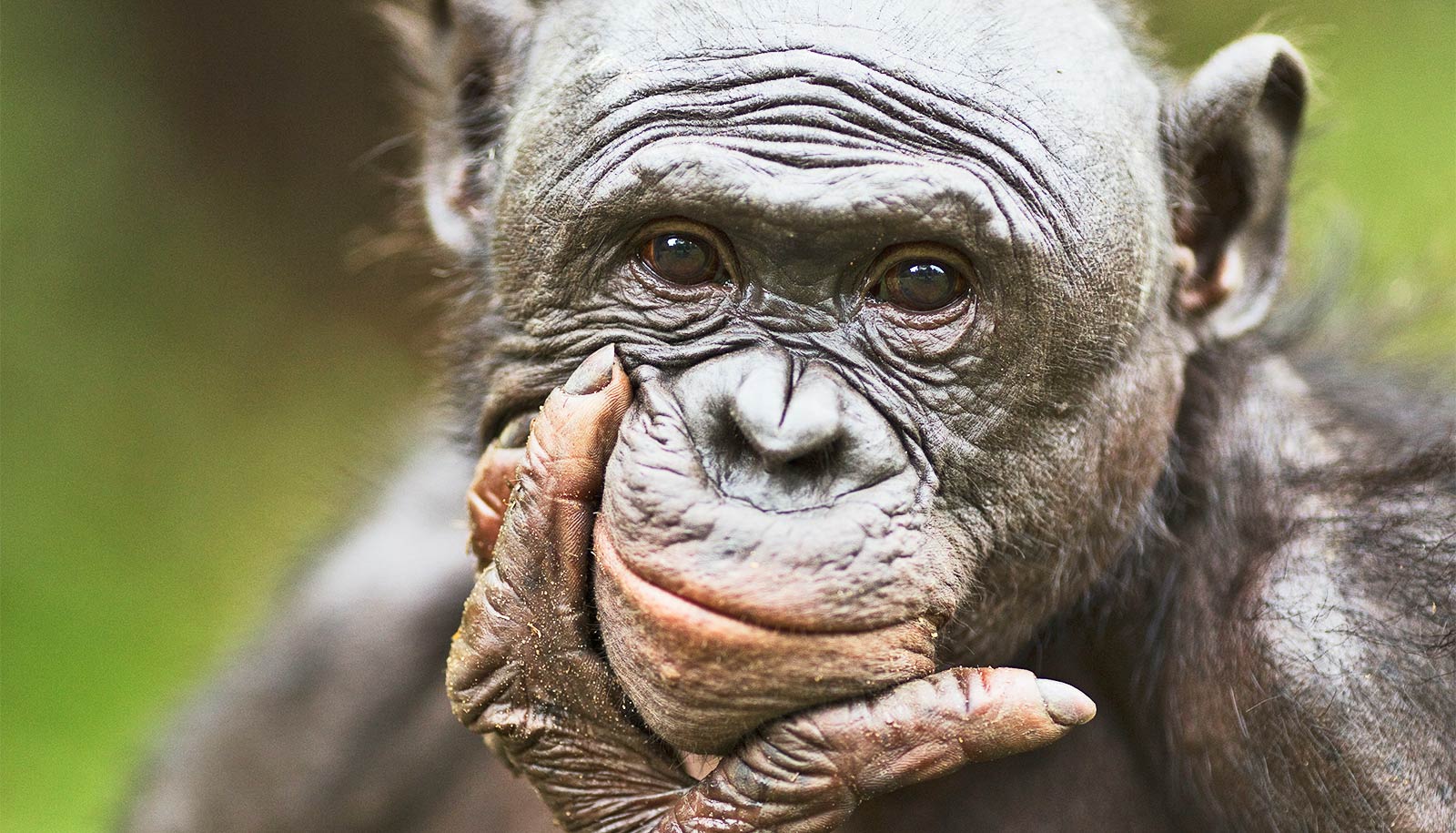Brain scans could reveal which of two equally trained, equally fit, equally talented Olympic athletes will likely choke under pressure, says Vikram Chib. It’s whoever is most excited about winning gold, and all the pride, glory, and potential cash that come with it.
“The people that can maintain very stable reward activity tend to be the ones that don’t choke under pressure.”
Chib, assistant professor of biomedical engineering at Johns Hopkins University, studies how incentives motivate performance. He’s found that when people are playing for high stakes, those likely to choke have wild swings of activity in an area deep in the brain that encodes value. In these people, the bigger the incentive, the more the area lights up. But once they start the activity where money is on the line, that activity plummets, the same way it would when someone thinks about losing. That neural deactivation can affect the player’s motor skills—and they choke.
“Think of a hockey player taking a penalty shot,” Chib says. “They might think to themselves, I’m going to score. But when they actually take the shot, they become worried about the possibility of failure and they miss. We think that the areas of the brain that are responsible for encoding reward and potential gains and losses are what’s coming online and interfering with their motor performance. Even a hockey player that’s trained thousands upon thousands of hours, these worries about loss or gain can interfere with their performance.”
The athletes most likely to bring home a medal, Chib says, are either hard-wired to keep their cool when the stakes are high, or they’ve found a way to get mentally in the zone.
“We found when you frame things appropriately, your neural activity stays pretty constant. You don’t get really amped up for high gains or really depressed for losses,” he says. “The people that can maintain very stable reward activity tend to be the ones that don’t choke under pressure.”
Source: Johns Hopkins University



